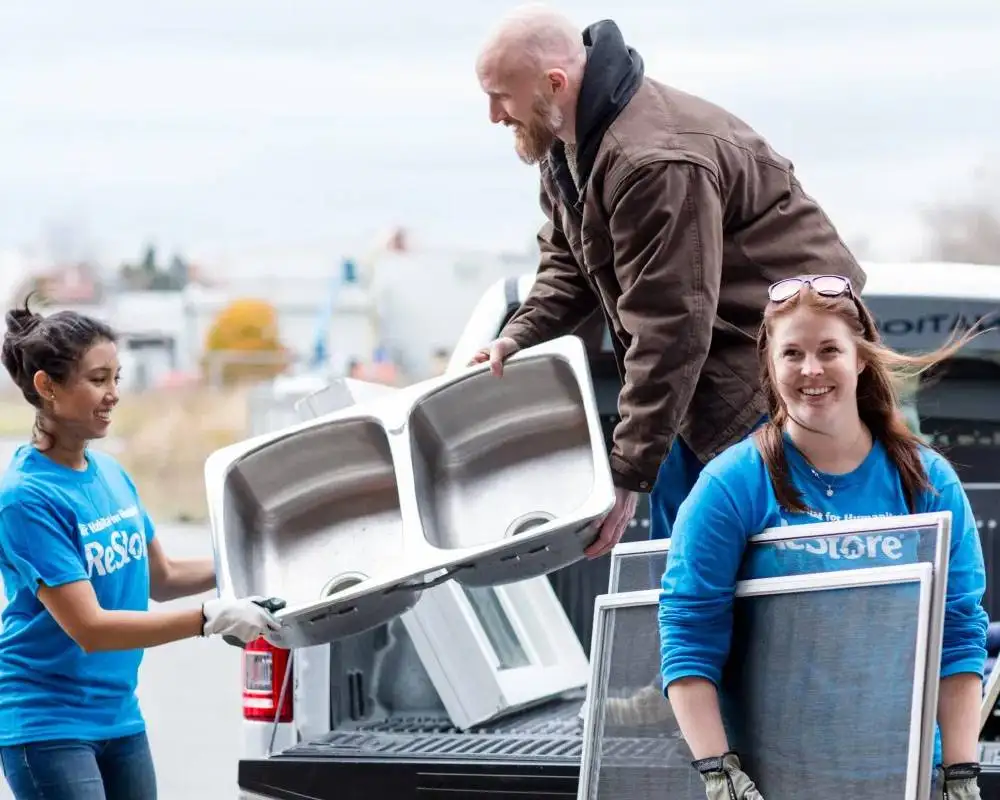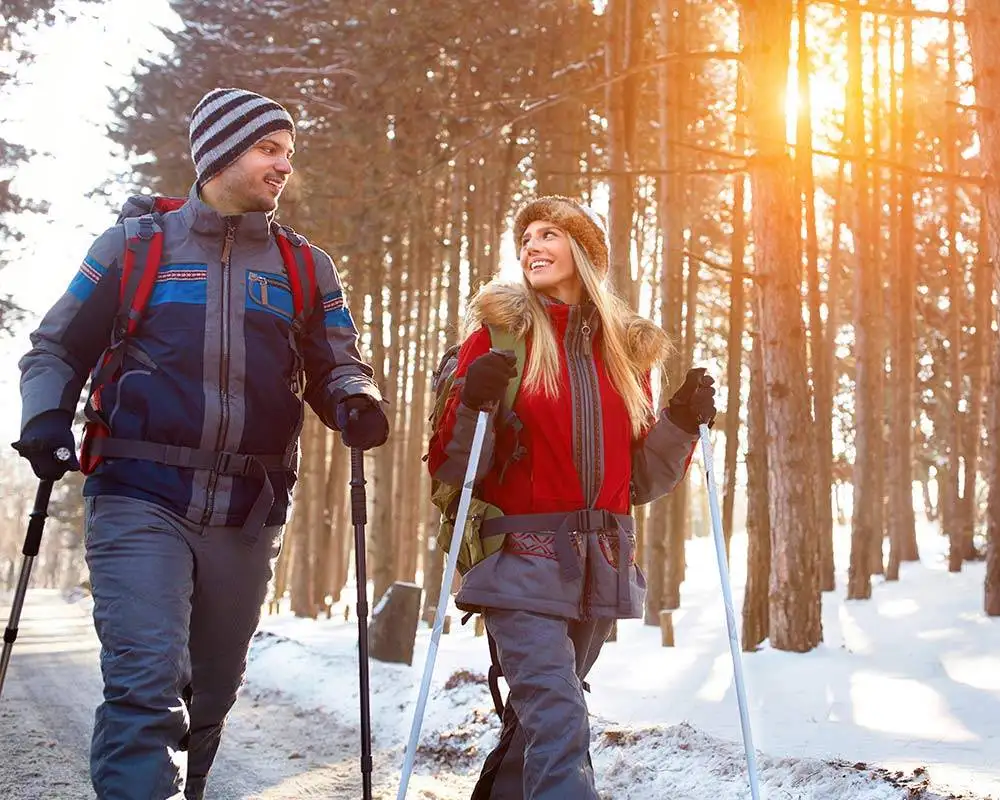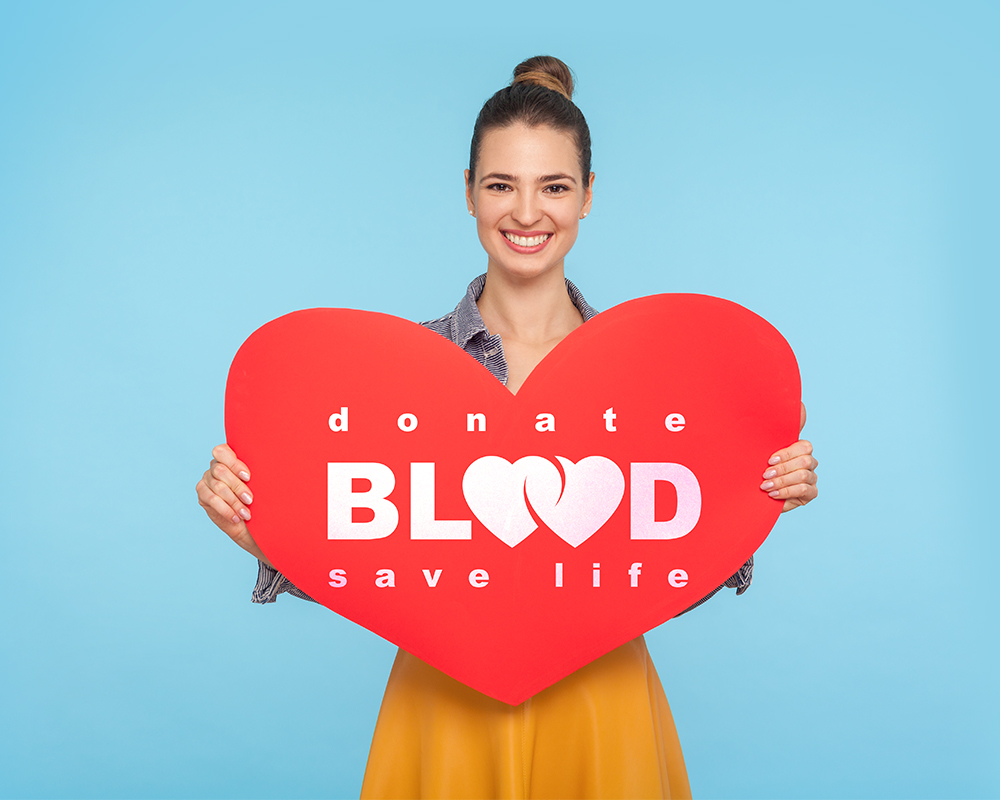With the health and lives of many Americans still under threat from the COVID-19 pandemic, many young, healthy people home from school and college are wondering how to help their communities.
One important way is by donating blood. Rock River Valley Blood Center (RRVBC) needs about 700 donors per week to supply 10 regional hospitals in Illinois and Wisconsin with blood products, but the community is falling short.
“Giving blood is not a risk for donors to contract COVID-19,” says Lisa Entrikin, CEO of the blood center. “There’s no known risk to the safety of the nation’s blood supply and there are no reports of spread of this or any respiratory virus by blood transfusion.”
She notes that safety protocols such as spacing chairs six feet apart at blood draw locations have been implemented in light of COVID-19.
Even before the pandemic, there was a frightening shortage of donors, says Entrikin.
“The area we serve has a population of 500,000 people, but only 16,000 people donated blood in 2019,” she explains. “If everyone eligible gave just two times a year, we would never have a shortage. We really need people to step up, especially if they’ve never given or haven’t given in a while.”
Normally, the most consistent donors are those between ages 40 and 60. Some of those people have been canceling donor appointments because they’re quarantined due to the pandemic. Also, many businesses and organizations have canceled blood drives because of the pandemic. More than 85 drives were cancelled between April and June for a loss of more than 1600 units.
“We ask blood drive sponsor groups that are considering canceling drives to please work with us on potential options to re-direct donors,” says Entrikin.
Teenagers can donate blood starting at age 17, or at age 16 with parental consent. In fact, Entrikin’s 16-year-old son recently donated for the first time. She says he was surprised by how easy it was. She encourages first-time donors to bring along a friend for moral support who’s also willing to donate.
“Please don’t wait until the blood shortage hits you personally,” says Entrikin. “People are in need of blood every day and it never slows down. We’re in a daily struggle to make sure hospitals have the blood they need.”
The 18-to-30 age group is always more difficult to recruit, but this a good opportunity for them to really shine.
“We have programs in all of the high schools making people aware of the need and the response is usually good until we lose track of them after graduation.”
Oftentimes, people don’t realize the importance of being a blood donor until they need blood or someone they love is in need of a transfusion.
Weather and sickness keeps donors from donating in the winter and vacations keep people from donating in the summer, but the unfortunate truth is that blood donations have been down consistently nationwide in the past year.
“In the past 10 years, 13 million fewer people have given blood. That’s very scary, especially if we don’t get new people willing to donate,” Entrikin says.
Technological advances have made it harder to get people to donate blood.
“People ignore their emails, don’t answer their phones and don’t answer texts, so it has become very hard to talk to someone and say we need their help,” she says.
The communication problem has impacted the number of blood donors nationwide.
The blood center partners with churches, businesses and other groups and organizations to host blood drives regularly to heighten awareness and to make it easy for people to donate.
People with fears or apprehension about giving blood are welcome to call any of the donor locations to get more information before committing, she says.
A 60-minute appointment to donate includes registration, a health questionnaire, taking temperature, blood pressure and a blood sample. The blood draw itself takes only 10 minutes.
People have many excuses for not giving blood, such as being afraid of needles, thinking they’re not eligible to give, being too busy or just being unaware of the desperate need.
“Our society is busier than ever and people are always being asked to give their time and money, so they can get a little jaded and burned out, but the need for blood is always there,” Entrikin says.
RRVBC has four donor centers. They’re located at 419 N. 6th St. and 3065 N. Perryville in Rockford and at 1740 S. State St. in Belvidere and 461 E. South St. in Freeport. Check rrvbc.org to learn about upcoming mobile blood drives.
Donors can make appointments at rrvbc.org or by calling (815) 965-8751. ❚
















